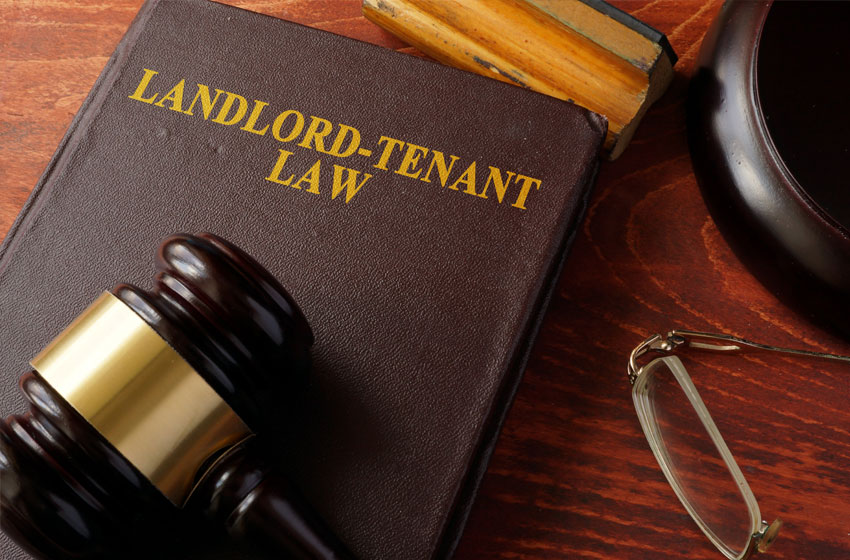ARE YOU AN INSECURE RENTER? HERE’S WHAT YOU CAN DO

Being a renter can be a nice experience if you have a good landlord, but if research is to be believed, a large majority of tenants report feeling ‘insecure’ in their premises. This is in spite of having a lot of legal rights in most parts of Australia. This piece gives tenants a few tips on how to reduce rental insecurity.
CHOICE, the National Association of Tenants’ Organisations and National Shelter, has recently undertaken research on the behalf of tenants to find out what their concerns are. The results of this research were startling: as an example, 63% of tenants say that they feel like they cannot ask their landlord to make changes without potential repercussions. A full 50% of tenants report experiencing discrimination when applying for a rental property.
The survey also revealed that 83% of Australian renters have no fixed-term lease on their property and are on a lease less than twelve months long.
If you’re an insecure renter, here are a few things about the issue that might be of assistance.
1. A long-term lease is not a panacea
At first glance, you might think that converting your short-term lease into a long-term one (say, five years) might help you and your landlord feel more secure about the arrangement. But most (almost 62%) landlords in Australia make a net loss on their investment property, and they’re always looking for an opportunity to liquidate at the right price. So most landlords will not agree to a long-term fixed-price lease.
A long-term lease might also not work for you as a renter, because you will not be free to leave whenever you want in response to life issues. Maybe your kids need to change school. Maybe you have a different job in a different part of town. One of the primary advantages of renting is that you can vacate and move at short notice, which a long-term lease will take away.
2. Understand the law
Each state and territory in Australia has its own Residential Tenancies Act. While these differ in the details, most of them are quite similar in outline. Please make sure that you understand the laws of the land and the rights that you get as tenant in your living area. The research done by CHOICE has shown that a vast majority of tenants are unaware of what their rights are, and that adds to the insecurity.

3. You’re entitled to repairs
No matter where you live in Australia, you’re legally entitled to repairs in your premises regardless of how much rent you’re paying or what the condition of the house was when you moved in. In other words, just because the faucet was leaky when you moved in doesn’t mean that it has to stay leaky throughout. You have a legal right to ask your landlord to get it repaired. And this is irrespective of how much rent you’re paying in relation to the market price.
4. A right to privacy
You also have a right to privacy as a tenant. Landlords cannot interfere with your quiet enjoyment of the premises, and they have to keep in mind your reasonable peace, comfort and privacy. However, in most states and territories, a landlord can give notices of termination to his tenants without needing to provide reasonable grounds for doing so.
5. Negotiate during the agreement
Right at the beginning of the deal, when you’re signing the rental agreement, make sure you negotiate with your landlord – no matter how much you like the house or need it – terms of eviction, and put them down in writing. At the very least, make sure that there is a decent amount of notice time accompanying an eviction notice, and also reasonable grounds for the same.
There are legal reforms required to address the inherent power imbalance between a tenant and a landlord, but while we wait for the government to act on the above research, tenants can take matters into their own hands and protect themselves by following the five points above.







